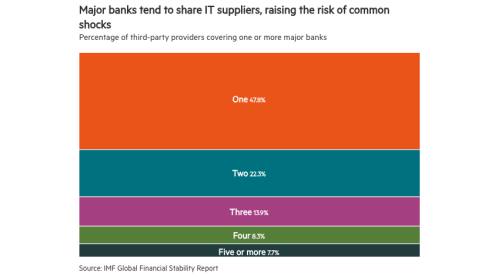It is not every day that we read about one of the world’s leading banks looking to buy up $3bn of its own debt.
Yet this is what Credit Suisse, the second largest Swiss bank, announced on October 6. On the same day, the bank also confirmed that it is selling its Savoy Hotel in Zurich’s financial district.
The moves followed speculation about the liquidity and capital strength of the Swiss bank, with the lender looking to reassure clients and investors.
Spreads on the bank’s credit default swaps, which offer protection against a company defaulting, are rising sharply, indicating investor worries over its financial health. Meanwhile, its share price this year has hit record lows.
Credit Suisse denied recent press articles that it had approached investors about potentially raising more capital, insisting that it was trying to avoid such a move with its share price being very low.
The misfortune of the bank had started to become evident in its financial results.
Pre-tax profits for Credit Suisse and UBS, the largest Swiss bank, were following the same upward trend up until 2019. However, since then Credit Suisse started to plunge and ended up posting a loss of $659m at the end of 2021 after pre-tax profit of $4.87bn in 2019. Over the same period, UBS increased its profits from $5.58bn to $9.48bn.
Credit Suisse suffered losses tied to the collapse of both hedge fund Archegos and financial services firm Greensill. The bank’s $5bn exposure to the former, which collapsed in March 2021, proved particularly damaging.
The bank has since overhauled its management team, suspended share buybacks and cut its dividend.
Credit Suisse has promised to provide the market with a plan to overhaul the group and strip back the investment bank alongside its third-quarter results at the end of the month.
It will remain to be seen if the bank’s moves are justified or whether volatile markets have amplified its problems.







